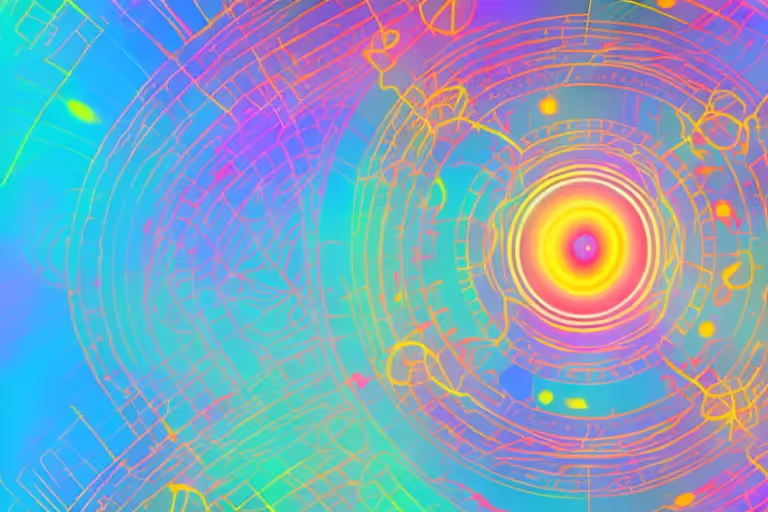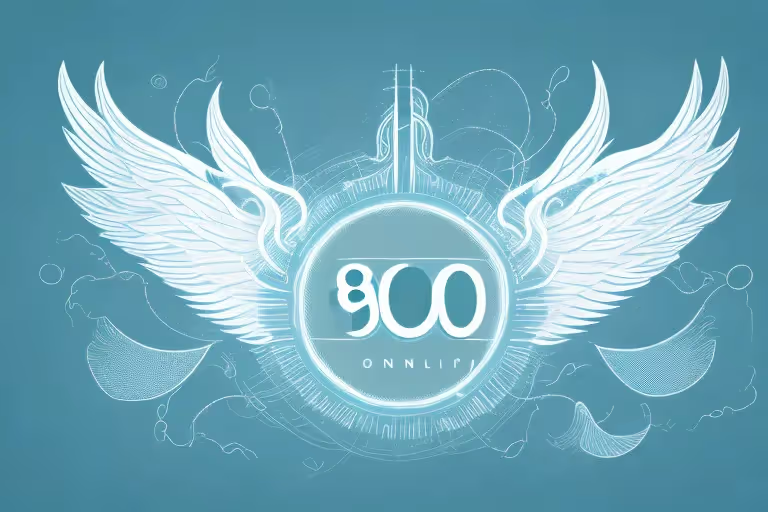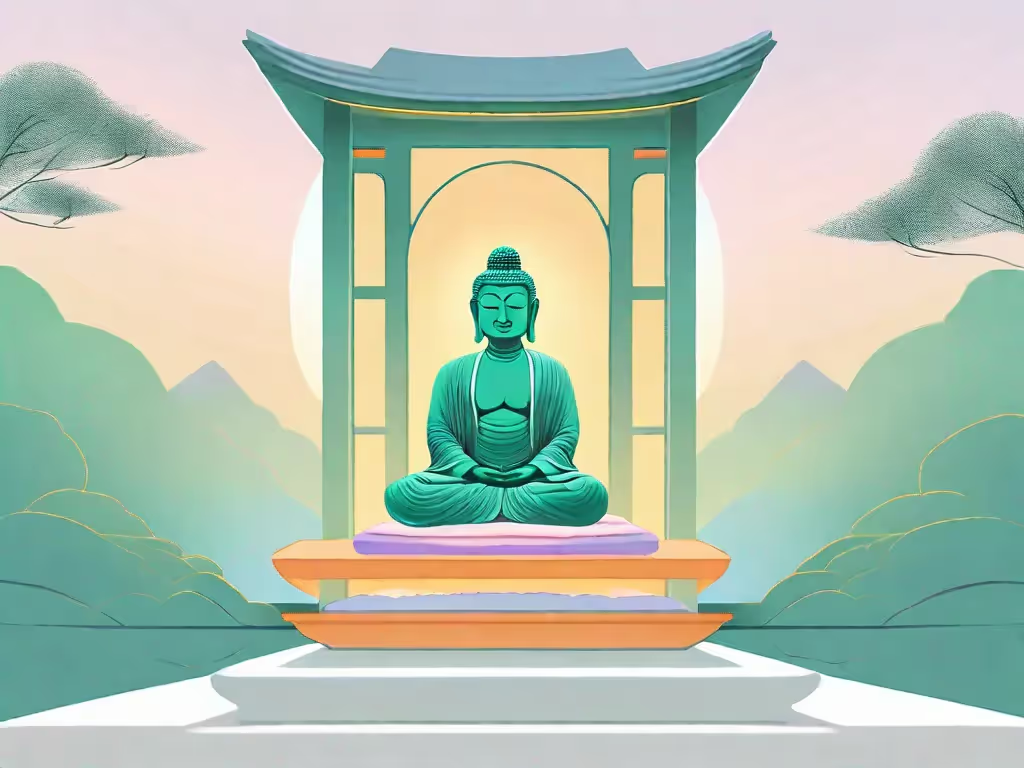If you've ever practiced yoga or participated in a meditation class, you may have heard the greeting "Namaste." This traditional Indian greeting may seem like a simple way of saying "hello," but its meaning runs much deeper than that. In this article, we'll explore the origins, spiritual significance, physical expression, and modern usage of Namaste.
The Origins of Namaste
The greeting Namaste is rooted in ancient Hinduism and has been used in India and Nepal for centuries. The word Namaste itself has Sanskrit origins and is a combination of two words: "namah" meaning to bow, and "te" meaning you. Together, they mean "I bow to you."
But Namaste is more than just a simple greeting. It is a powerful expression of respect, unity, and spirituality that has deep roots in Hindu culture and philosophy.
Ancient Roots in Hinduism
Namaste is an expression of respect and honor towards another person. In Hindu culture, this greeting is used to acknowledge the divine spark of life within each individual. It is an acknowledgment of the universal life force that flows through all things, known as prana, and the connection between all living beings. Namaste recognizes the divinity in others and serves as a reminder that we are all one and interconnected on a spiritual level.
According to Hindu philosophy, the ultimate goal of life is to achieve enlightenment and merge with the divine. Namaste is a way of acknowledging this ultimate reality and recognizing that we are all on the same journey towards spiritual liberation.
The Sanskrit Connection
Sanskrit is an ancient language of India that is still used today in yoga, meditation, and Hindu religious rituals. It is a language that is rich in symbolism and reflects the deep spiritual traditions of the Hindu culture. Namaste is just one of many Sanskrit words and phrases that have made their way into common usage in the Western world.
Other Sanskrit words that have gained popularity in the West include "yoga" (which means union), "mantra" (a sacred sound or phrase), and "chakra" (an energy center in the body).
Cultural Significance in India and Nepal
In India and Nepal, Namaste is a common greeting used in both formal and informal settings. It is most often accompanied by a slight bow of the head and hands pressed together in front of the heart chakra. This gesture of respect and humility is a way of showing reverence towards others, regardless of their social standing or position.
But Namaste is more than just a greeting. It is a way of life that emphasizes the importance of compassion, kindness, and respect towards all living beings. It is a reminder that we are all part of a greater whole and that our actions and thoughts have an impact on the world around us.
So the next time you say Namaste, remember its deep roots in Hindu philosophy and the powerful message of unity and spirituality that it conveys.
The Spiritual Significance of Namaste
The spiritual significance of Namaste goes beyond its cultural roots. In the world of yoga and meditation, the greeting is often used as a way of centering oneself and acknowledging the divine presence within.
But what is the divine presence within? It is the essence of who we are, beyond our physical bodies and our thoughts. It is the part of us that is connected to something greater, something beyond ourselves. When we say Namaste, we are acknowledging this divine presence within ourselves and others.
The Divine Within
Namaste recognizes the divine spark of life that resides within each individual. It is a way of acknowledging that we are not simply our physical bodies or our egos, but that we are spiritual beings having a human experience. When we say Namaste, we are recognizing the essential goodness and connectedness of all living things.
Think about the last time you said Namaste. Did you feel a sense of peace and connection? This is because when we acknowledge the divine within ourselves and others, we tap into a deep well of peace and love that exists within us all.
The Union of Energies
Namaste is also a way of acknowledging the union of energies between oneself and others. The energy that flows through us is the same energy that flows through every living thing. When we say Namaste, we are acknowledging and honoring the divine energy that exists within everyone and everything.
This energy is what connects us all, and when we recognize it, we are reminded that we are not alone. We are part of something greater, something that connects us all in a profound and meaningful way.
A Gesture of Respect and Humility
In addition to its spiritual significance, Namaste serves as a symbol of respect and humility. By bowing and pressing our hands together in front of our heart chakra, we are showing reverence to the divine within others and acknowledging our interconnectedness. It is a way of putting aside our egos and recognizing the divine in all beings.
When we say Namaste, we are saying, "I honor the divine within you." This is a powerful statement that has the ability to transform the way we see ourselves and others. It reminds us that we are all connected and that we are all part of something greater than ourselves.
So the next time you say Namaste, take a moment to reflect on its spiritual significance. Allow yourself to connect with the divine within yourself and others, and feel the deep sense of peace and connection that comes with this recognition.
The Physical Expression of Namaste
Namaste is not only a verbal greeting but a physical expression as well. The physical posture used when saying Namaste has its roots in yoga and is known as the Anjali Mudra. This gesture has been used for centuries and is deeply ingrained in Indian culture.
The Anjali Mudra
The Anjali Mudra is a hand gesture that involves pressing the palms of the hands together in front of the heart chakra while bowing the head slightly. This gesture is not only used when saying Namaste but also during prayer and meditation. It is believed that this gesture helps to create a connection between the body and mind and is a way of expressing gratitude and respect.
The Anjali Mudra is also used as a way of showing respect and reverence towards others. It is a physical reminder of the spiritual significance of Namaste. By bringing the hands together in front of the heart chakra, we are acknowledging the divine spark within each person and showing that we honor and respect that spark.
The Bow and Eye Contact
In addition to the Anjali Mudra, Namaste can also be expressed through a slight bow of the head. This bow is a sign of humility and respect and is also used in many cultures around the world. In some cultures, it is customary to make eye contact when saying Namaste, while in others it is considered disrespectful. Knowing the cultural norms and expectations surrounding Namaste is important when practicing it in different settings.
The bow and eye contact are also important because they help to create a connection between people. When we make eye contact and bow our heads, we are acknowledging the presence of the other person and showing that we are fully present in the moment. This connection can be especially powerful when saying Namaste to someone who is going through a difficult time or who needs our support.
Variations in Different Cultures
While the basic meaning behind Namaste remains the same, there are variations in how it is expressed in different cultures. In some countries, the hands are held higher or lower than the heart chakra, and the head is bowed more or less. Understanding these differences can help you navigate cultural differences and show respect in different settings.
For example, in some Hindu traditions, the hands are held higher than the heart chakra and the head is bowed more deeply as a sign of deep respect. In other cultures, such as Japan, a similar gesture called gassho is used, but the hands are held at the level of the forehead instead of the heart chakra. In Thailand, a similar gesture called wai is used, but the hands are held higher than the head as a sign of even greater respect.
By understanding these cultural differences, we can show respect and honor to people from all walks of life. Namaste is a powerful expression of unity and connection, and by practicing it with mindfulness and intention, we can create a more peaceful and harmonious world.
Namaste in Modern Yoga Practice
Namaste has become a ubiquitous part of modern yoga practice, and is often used as a way of acknowledging the spiritual significance of yoga and meditation.
Incorporating Namaste into Your Yoga Routine
Incorporating Namaste into your yoga routine can be a powerful way of deepening your spiritual practice. Saying Namaste at the beginning of class can help you set your intention and focus on the spiritual aspect of your practice. Saying Namaste at the end of class can help you connect with your fellow yogis and acknowledge the divine within each person.
The Role of Namaste in Yoga Philosophy
Namaste is more than just a greeting in the world of yoga. It is a reminder of the interconnectedness of all living things and the importance of treating others with respect and humility. As you deepen your yoga practice, incorporating Namaste into your daily life can be a powerful way of connecting with your spiritual self and the world around you.
The Connection Between Mind, Body, and Spirit
In the end, Namaste serves as a powerful reminder of the connection between mind, body, and spirit. Whether you are practicing yoga, meditation, or simply going about your daily life, Namaste can help you stay connected to your spiritual self and the world around you. By acknowledging and honoring the divine within yourself and others, you can create a more peaceful and connected world.
In Conclusion
Namaste is more than just a greeting; it is a reminder of the spiritual significance of all living things. By acknowledging and honoring the divine spark of life within ourselves and others, we can create a more peaceful and connected world. Whether you are practicing yoga, meditation, or simply going about your daily life, incorporating Namaste into your routine can be a powerful way of deepening your spiritual practice and connecting with the world around you.
Aura is Your All In One App for Meditation, Mindfulness Wellbeing
Find peace every day with one app for your whole well-being. There is no one-size-fits-all solution to mental well-being. Aura is the first all-in-one wellness app that learns how to best help you. Discover an endless library of expert-created tracks for your well-being, all taught by the world’s best coaches, therapists, and storytellers. With Aura's personalized recommendations, you can find peace every morning, day and night.



.webp)






.avif)

%20(1).avif)


.avif)
.avif)
.webp)


.avif)


















































































































.avif)

















.svg)









